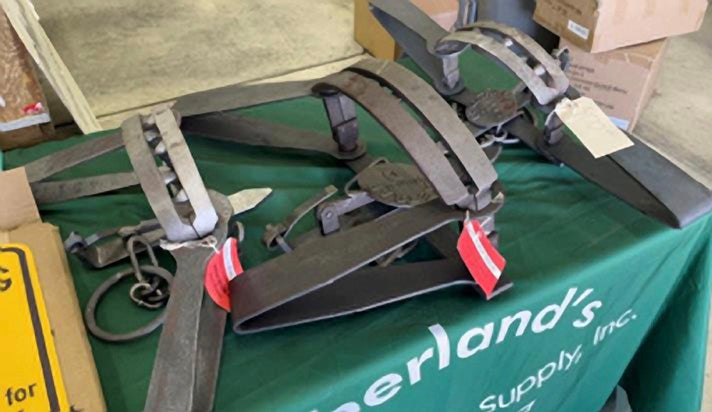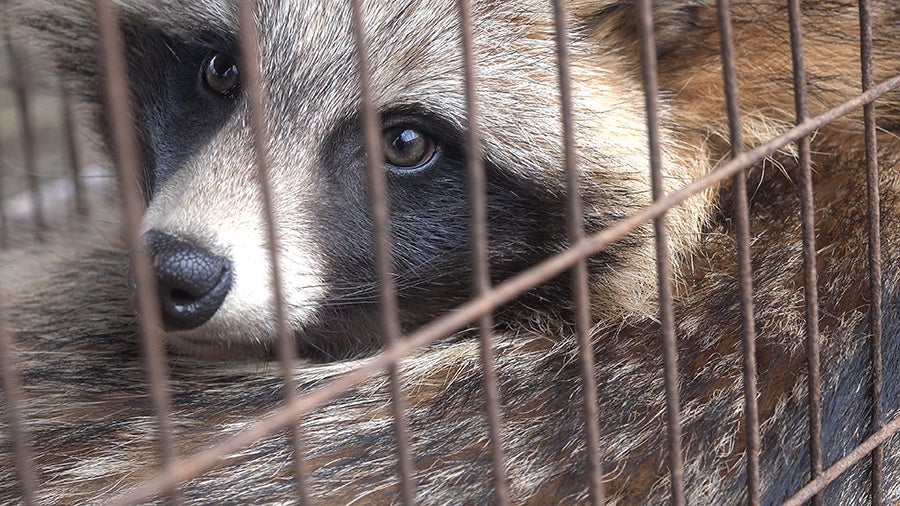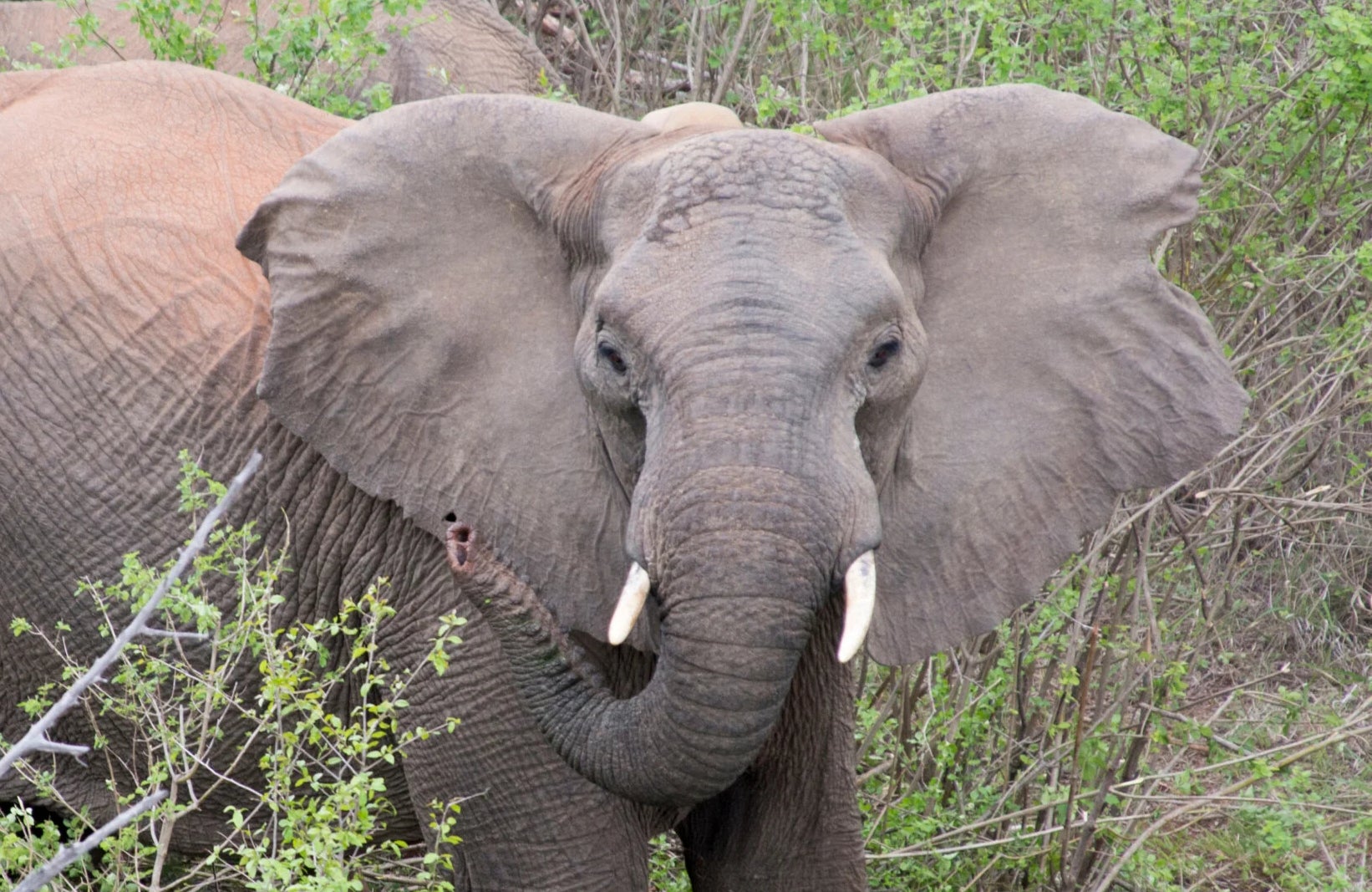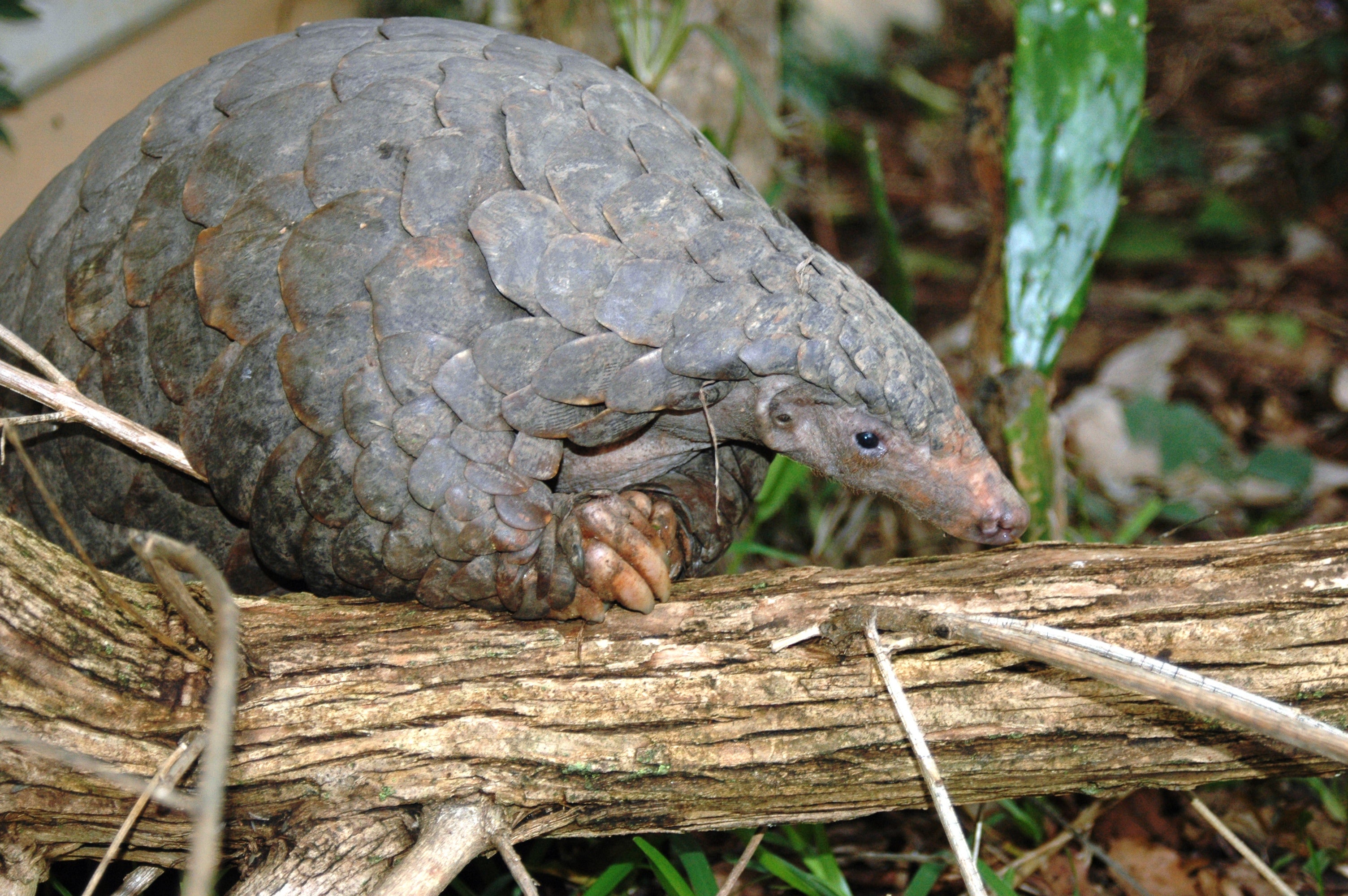
LONDON—Amidst concerns that the UK government could be considering abandoning a ban on cruel fur imports, a shocking new undercover investigation exposing the cruelty of animal trapping in the United States, including for the fur trade, has been released by animal welfare and conservation non-profit, Born Free USA, in collaboration with Humane Society International.
An undercover investigator accompanied three trappers out in the field in the U.S. state of Iowa in November/December 2021, to witness how animals are trapped and killed for fur and recreation. Prior to that he had attended the National Trappers Association Convention in July and a state-sponsored “Trappers Education Course” in November. The investigation’s findings are harrowing and reveal the inherent cruelty of trapping.
Video and audio evidence captured includes:
- Trapped raccoons being bludgeoned with a baseball bat causing protracted death.
- A trapper standing on the neck of a raccoon after the animal has been beaten with a bat.
- Animals being thrown in the back of a pickup truck after being bludgeoned but without confirmation of death. One raccoon was later found to still be alive and was hit multiple times again with the bat.
- A dead fox in a leghold trap who had struggled so hard to free himself that his leg had snapped clean through. The fox had likely been killed by coyotes as he was unable to defend himself or run away.
- The bloody toe of a coyote torn off and left in the jaws of a trap during the animal’s escape. The trapper added the toe to his grisly souvenir collection of other previously retrieved toes, displayed on his truck dashboard.
- Photographic evidence of a dead cat among the bodies of wild animal trapping victims, demonstrating that traps are also dangerous and deadly to non-targeted animals, including companion animals.
- A representative from the Department of Natural Resources volunteering information on loopholes in trapping law, and trainers on a state sponsored education course laughing as they talk about illegal practices.
Claire Bass, executive director of Humane Society International/UK, said: “This investigation provides a graphic account of the casual disregard for animal suffering that underpins the whole fur trade. As if it’s not enough to be caught for hours or even days in torturous traps that should belong only in horror films, the animals we filmed also endured protracted and violent deaths, being repeatedly bludgeoned and left to suffer, all to be skinned and sold for fur fashion. For as long as the UK continues to import and sell fur from animals caught in the wild or bred on factory fur farms, we remain complicit in this cruelty. I urge Boris Johnson to watch our video evidence to see for himself the abhorrent cruelty of the fur trade, and heed the enormous public support to ban fur. Britain must not be party to this nasty trade anymore.”
Will Travers OBE, co-founder and executive president of Born Free, said: “Trapped: Exposing the Violence of Trapping in the U.S. has two objectives: to document the reality of trapping, where sentient beings are brutally exploited, and lives are ended with such casual disregard and lack of compassion; and to accelerate measures to bring an end to this cruel practice and its associated activities – including selling the skins of trapped animals for profit.
As a species, we have done many things of which we can be justifiably proud. But not when it comes to trapping and the fur trade. This archaic throwback to the past is well beyond its sell-by date and is a stain on our humanity. It’s time we evolved. We implore lawmakers in the U.K., the U.S., and beyond, to take swift action to call time on trapping.”
This and previous investigations clearly demonstrate that trapping frequently involves extreme animal suffering. The cruelties exposed are in stark contrast to the PR claims of fur industry certification schemes such as Furmark, which promise that North American Wild Fur programs “prioritize the sustainability and welfare of all fur-bearing species”. Our evidence also completely undermines the fur trade’s claims that wild fur trapping is “subject to a comprehensive system of laws, regulations, checks and controls.”
Trapping animals for fur with leg hold traps has been banned in the UK for more than sixty years (as well as being banned or heavily restricted in 108 countries worldwide), and fur farming has been banned across the UK since 2003. Despite this, in a clear double standard, the UK has imported more than £850million of fur from countries including Finland, Italy, Poland, China and the United States. In the past decade (2011 to 2020) the UK has imported more than £20 million of fur (both farmed and trapped) from the U.S. according to the HMRC.
Banning fur imports commands enormous public support – latest YouGov polls show that 73% of Brits support a fur sales ban, with 74% of Conservative voters wanting to see the ban in place, up from 64% in 2018. Furthermore, 63% of Brits think the government should increase its level of action of animal protection. A ban had been set to be included in the upcoming Animals Abroad Bill, but following opposition from cabinet member Jacob Rees-Mogg and others, the government is believed to be considering abandoning it, along with a ban on imports of foie gras.
The UK government set out a clear ambition to be a ‘world leader in animal welfare’ with action on fur imports pledged in its Action Plan for Animal Welfare last year, and repeated ministerial statements confirming that post-Brexit the UK would be free to explore opportunities for a ban.
In the United States, BFUSA and HSI are calling on U.S. lawmakers to pass and implement the Refuge from Cruel Trapping Act which would ban trapping using body-gripping, leg-hold, snare and similar traps.
An increasing number of fashion designers and retailers are dropping fur cruelty. In the last few years alone Canada Goose, Oscar de la Renta, Valentino, Gucci, Burberry, Versace, Chanel, Prada and other high-profile brands have announced fur-free policies. In addition, major online fashion retail platforms Net-A-Porter, Farfetch and MyTheresa have adopted fur-free policies. In the United Kingdom, Harrods, Harvey Nichols, House of Fraser and Flannels are among the few remaining retailers to still sell fur, including wild trapped fur from North America, and House of Bruar and Etsy sell fur from raccoons trapped in the wild in the United States for products including hats and keychains. Canada Goose, which for years has trapped coyote fur at the centre of its brand, has now ended the purchase of new fur and will end manufacturing products with fur by the end of 2022. Other brands still using North American wild trapped fur (mainly coyote) are Parajumpers, Woolrich and Yves Salomon.**
Watch the investigation footage here
Read the report at bornfreeusa.org/trappingexposed.
ENDS
Media Contacts:
Humane Society International: Wendy Higgins, +44 (0)7989 972 423, whiggins@hsi.org
Born Free USA: Heather Ripley, Orange Orchard (865) 977-1973, hripley@orangeorchardpr.com
Notes
* All figures, unless otherwise stated, are from YouGov Plc. Total sample size was 1,687 adults. Fieldwork was undertaken on 22-23 February 2022. The survey was carried out online. The figures have been weighted and are representative of all GB adults (aged 18+).
** While there is no suggestion that these brands obtain furs from this trapper or this State, the investigation demonstrates the kind of suffering animals caught for fur might typically endure.



